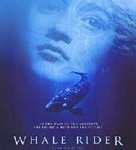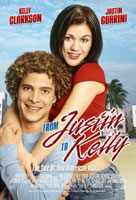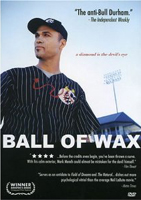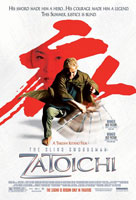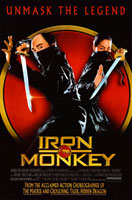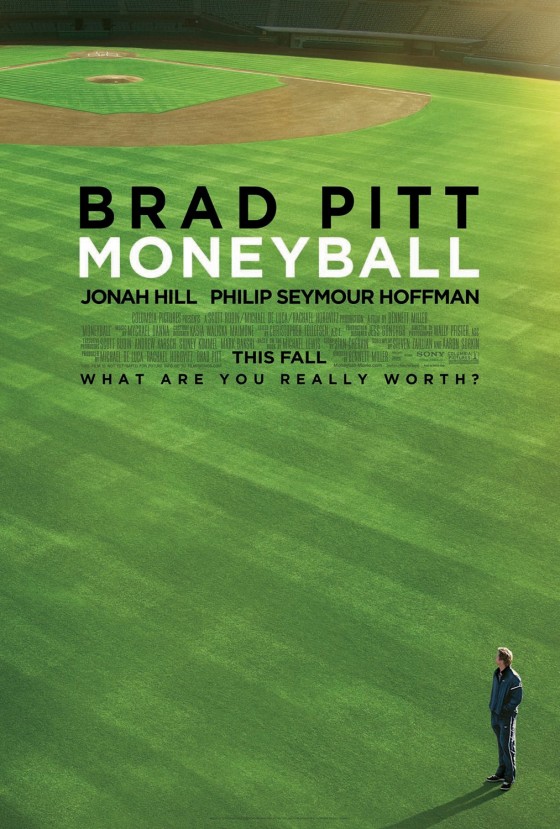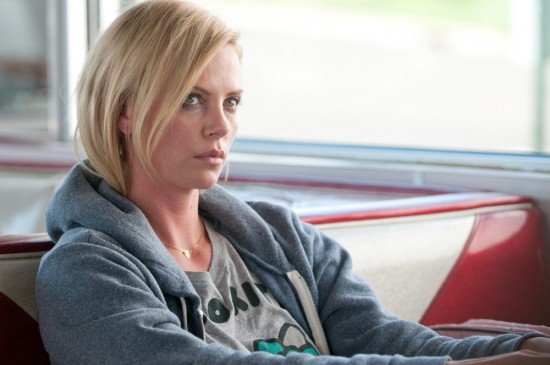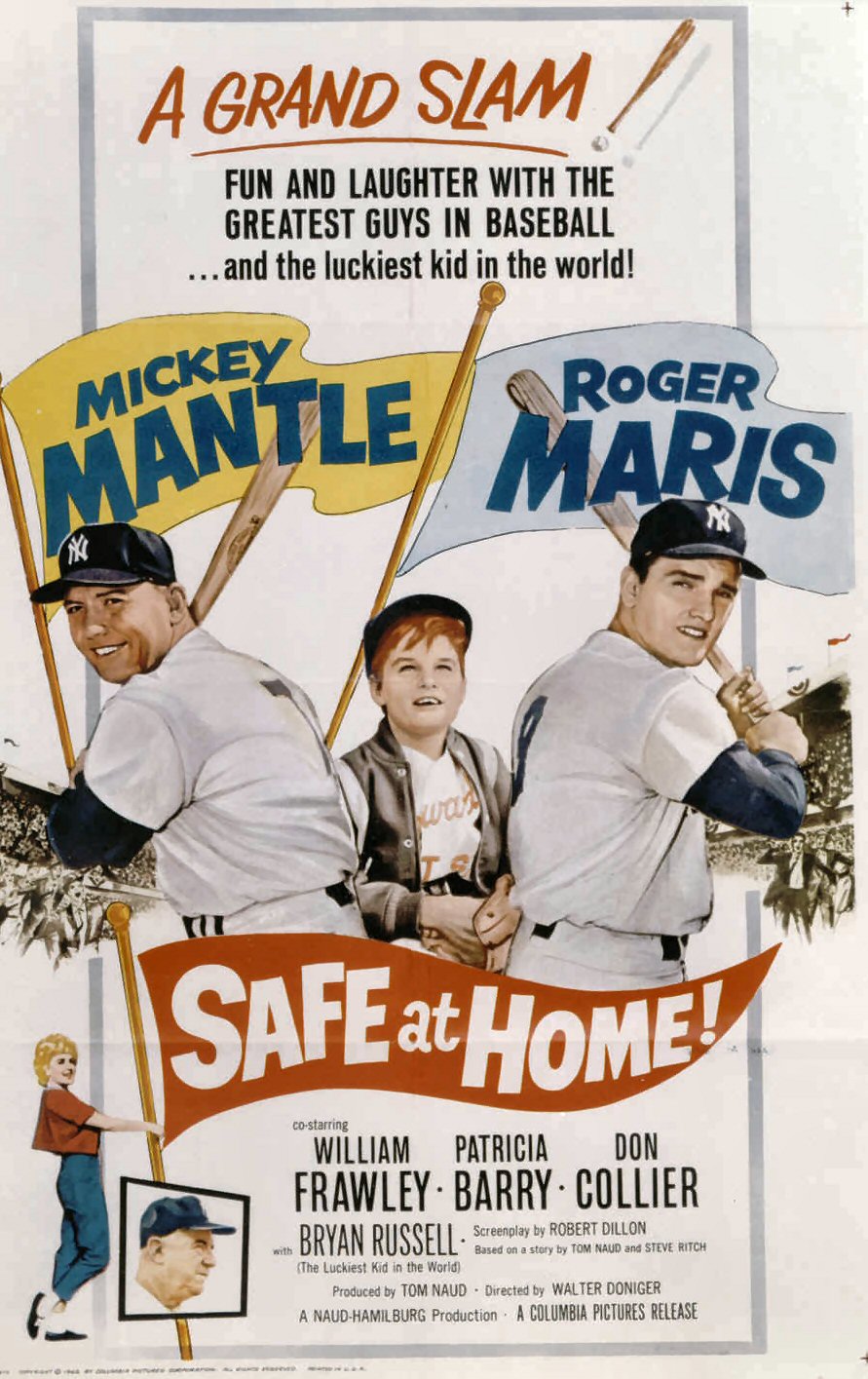I’ll be upfront about something that irks me: destiny as a driving force in a film’s plot. No matter how good everything else might be, once destiny is introduced into the story it deflates any sense of suspense and gives a filmmaker the excuse to do anything they please. After all, if it’s meant to be it can happen. That said, even though it is gorgeous, well acted and touching, I couldn’t find myself ever wholly drawn into Niki Caro’s Whale Rider.
Pai (Keisha Castle-Hughes) was born into the world a twin. Her brother was set to be a Maori chief. But he was stillborn. Pai’s mother passed away due to complications of the birth and now her family is left searching for answers and a future chief. Pai’s father (Cliff Curtis) has no intention of taking over from his father, Koro (Rawiri Paratene). Pai sees no reason why she can’t be chief. In fact, she sees it as her destiny. But Koro forbids it on the basis that she’s a girl and the tribe’s history says that only men can be chief. Pai is determined to turn tradition on its side and prove to her grandfather that she is worthy of being a leader.
With the female empowerment theme so prevalent in the film, the comparisons to another recent release, Bend it Like Beckham seem appropriate. Both feature teenage protagonists defying the traditions of their backgrounds. Both argue that ethnicity is important in a group’s identity, but that ethnicity has to be ready to move forward in a changing world. The message is an important one and should not be taken lightly. But at the same time, I feel bad that simply because someone sticks to their beliefs, even if they are dated, they are vilified.
While Koro has some sympathetic moments bonding with Pai, he is the closest thing Whale Rider has to a villain if only for his stubbornness to adhere to the things he was taught. There is no doubt in Koro’s mind that a man must be chief. Despite pressure from his family, he is willing to stick to his beliefs and not even consider Pai. Despite his strong convictions, nobody in his family will even consider Koro’s perspective. I got a sense that nobody cared much about being a tribe anyhow. Even though I did see his thought patterns as being a little too closed minded, I felt sorry for Koro. Few actively offered any potential solutions to the chief problem. Koro not only had the tough decisions to make, he had to standup to everyone on his own. Even his wife (Vicky Haughton) threatened to leave him on multiple occasions.
Caro, who adapted the script Witi Ihimaera’s novel, follows Peter Jackson’s lead from the Lord of the Rings trilogy by showcasing New Zealand’s natural beauty. While Jackson has set much of his action in the forests and hills, Caro brings the camera to the coast. Quaint, isolated homes, long beaches and bright green hillsides make Whale Rider exotic but still homely. The emphasis on the bright greens of the vegetation and blues of the surrounding ocean give the film lots of colour and make it easy to look at.
Also magnificent is the acting. In the lead role, young Keisha Castle-Hughes plays a strong and intelligent leader. She is more mature than you’d expect from a then 12-year-old. Hughes is serious, yet still has a strong sense of youthful enthusiasm. Paratene was equally convincing in the role of Koro. Koro’s relationship with Pai is a complex one. He loves her as a granddaughter but at the same time he resents her because she survived and his grandson didn’t. Although he won’t admit it, his blame towards Pai is obvious. This complexity is what I found most interesting about the film. Even more than Pai’s journey. Koro has more to him. He also has more struggles, both internally and externally. While the film would have had a completely different tone, I’d rather have seen the story through Koro’s point of view. Like the aging chief’s feelings for Pai, Paratene made me feel the same for Koro. While I didn’t follow the same system he did, I felt sorry for him.
While I found stuff to like in Whale Rider, it all kept coming back to that destiny thing. Caro never makes any secrets about what Pai is to become. Sign after sign shows Pai is right. Doubt is only in the mind of Koro. And even he sees the inevitable. He only denies it. So where’s the suspense then if I know exactly how things are going to work out? Never mind the preview trailer that gives away far too many important images. If nobody in the film has any doubts, how can I? By using the framework of fate Caro is able to weave in miracles and give a simple explanation to make them so. I wish things had been a little less obvious. I’m not against the happy ending, but I do like to have some guesswork involved in the matter. It should at least appear to be in doubt at some point.
My immediate reaction to Whale Rider was one that fell into the seemingly popular consensus. It made me feel good and had several strengths. But the more I’ve dwelled on it, the more jaded I’ve become. And it all comes back to my personal dislike for the use of destiny in the movies I watch.
Whale Rider Gallery
Trailer

